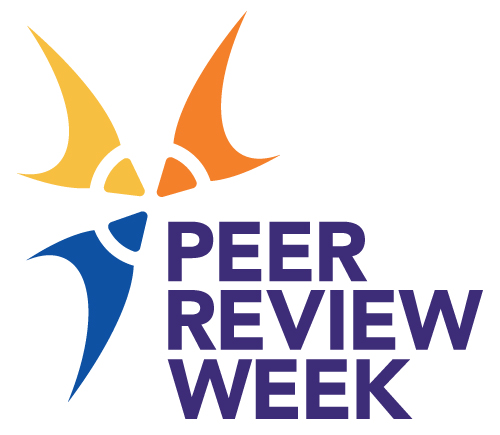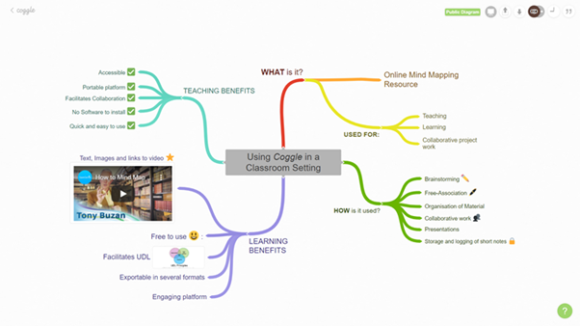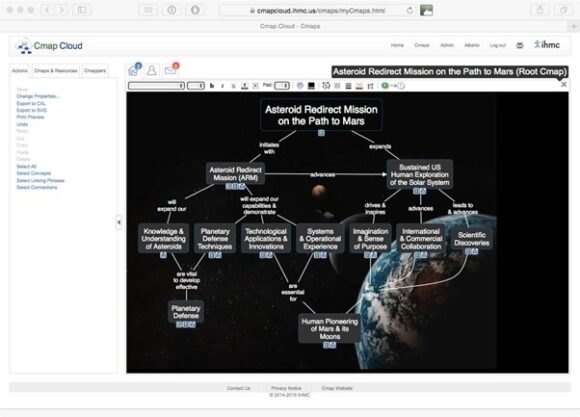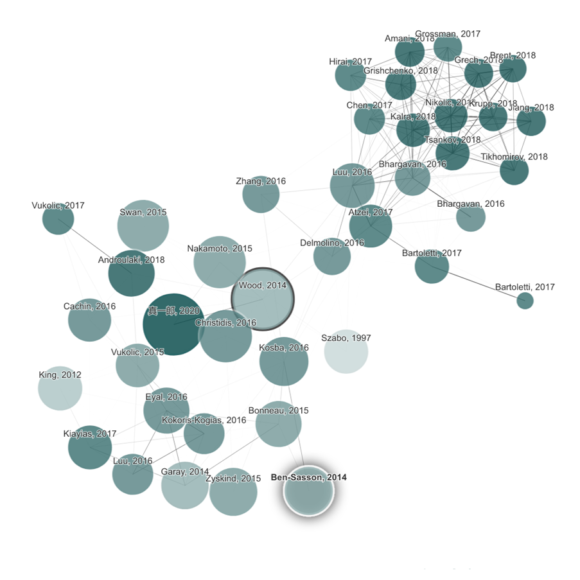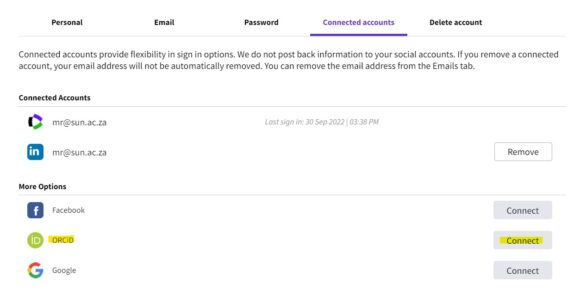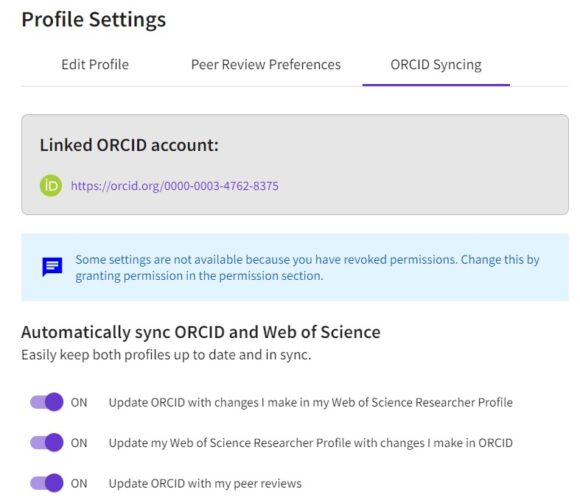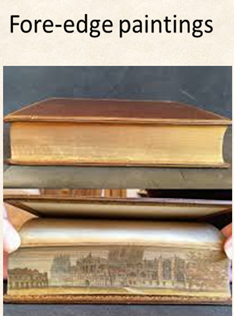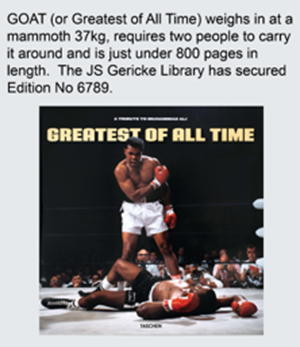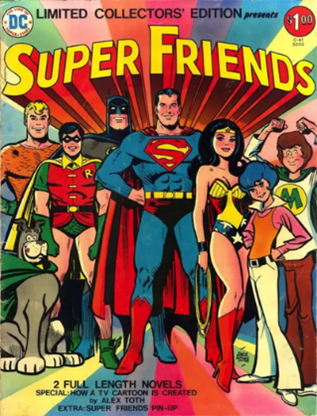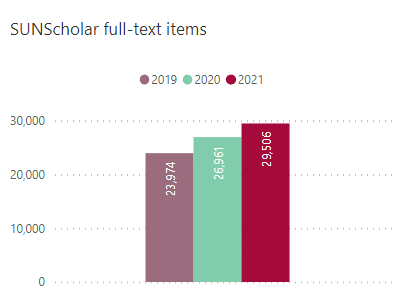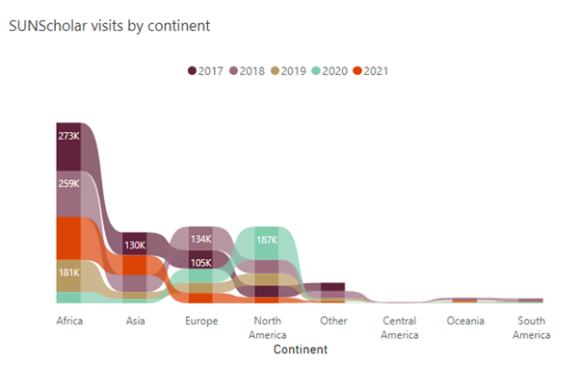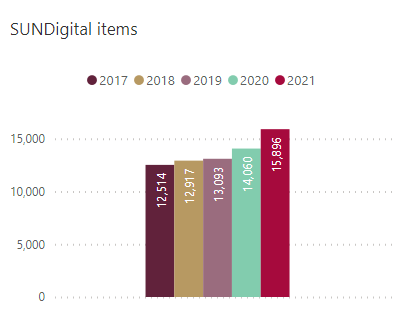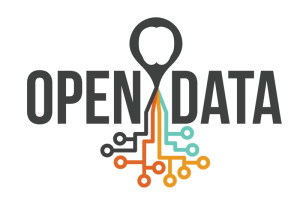 Image source: JulieBeck
Image source: JulieBeck
In the past decade, the management of research data has come to take on a more prominent role at tertiary education institutions around the world. This has been primarily due to the increasingly data-centric route that academic research has taken. At the same time, academic institutions have come to be influenced by the Open Access movement which advocates for the unrestricted access and use of published research outputs. A convergence of these two developments has culminated in a call for unrestricted access and use of research data. The term commonly reserved for data that can be freely used, re-used and redistributed by anyone is: ‘Open Data’.
The move to make research data more openly accessible is being pushed through by research funding agencies as well as academic journal publishers. In recent years, some of Stellenbosch University’s research funders have instituted mandates that require the implementation of adequate research data management practices in order to enable the open accessibility of research data. Such practices should comply with certain best practices, such as the following requirements:
- research data should be managed through the creation and submission of data management plans; and
- research data should comply with the FAIR Data Principles by being findable, accessible, interoperable and reusable.
As a leading research institution, Stellenbosch University sought to address this issue by setting up an institutional research data repository known as SUNScholarData. SUNScholarData is a multidisciplinary institutional research data repository that was launched in August 2019. The repository is used for the registration, archival storage, sharing and dissemination of research data produced or collected in relation to research conducted under the auspices of Stellenbosch University. SUNScholarData creates a medium through which Stellenbosch University’s research data can be made findable and accessible. It also facilitates the interoperability and re-usability of the university’s research data.
SUNScholarData was not set up in isolation. Instead, it was set up as part of a broader implementation which also included the formulation of a governance framework and the development of supporting research data services that are provided by dedicated staff members at the University’s Library and Information Services. Such services include data curation, client consultations and related training sessions. The use of SUNScholarData is supported by the SUNScholarData Library Guide. This is an online resource that provides a wealth of information about the repository in an easily digestible manner.
For more information about how you can make your research data openly accessible please contact the Research Data Services division at: rdm@sun.ac.za.
